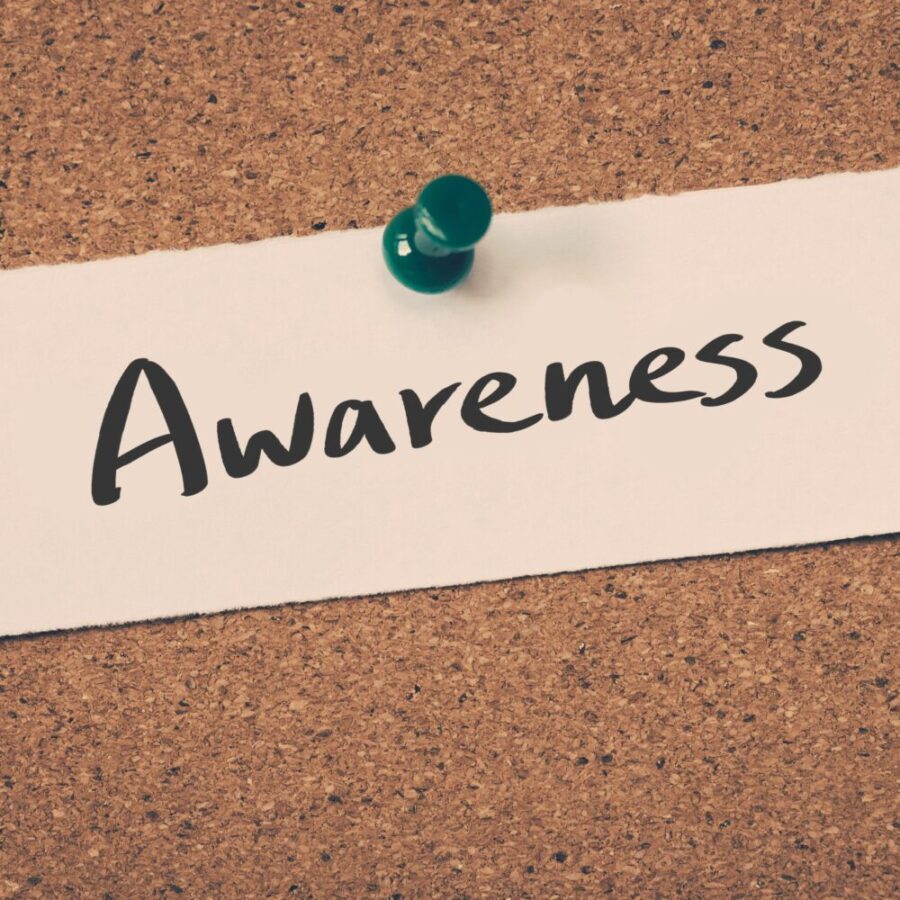In the intricate web of human relationships, the dynamic between empaths and narcissists stands out as particularly fascinating and fraught with peril. Empaths, known for their deep emotional sensitivity, and narcissists, characterized by their self-centeredness and lack of empathy, seem to be polar opposites. Yet, they are often irresistibly drawn to each other, creating a complex and often toxic relationship. This article delves into the nuanced interactions between empaths and narcissists, exploring why these opposites attract, the patterns they fall into, and the consequences of their tumultuous interactions.
1. Understanding Empaths: The Sensitive Souls

Empaths possess an extraordinary ability to understand and share the feelings of others. This heightened sensitivity allows them to connect deeply with people, often absorbing emotions and energies from their surroundings. While this can be a beautiful trait, it also leaves them vulnerable to emotional exhaustion and manipulation. Empaths are typically compassionate, nurturing, and driven by a desire to help others, making them prime targets for those who seek to exploit their kindness.
2. Narcissists: Masters of Self-Absorption

Narcissists, on the other hand, are characterized by their inflated sense of self-importance and a lack of empathy for others. They crave admiration and validation, often at the expense of those around them. Narcissists can be charming and persuasive, using these traits to draw people into their orbit. However, their relationships are usually one-sided, centered on fulfilling their own needs while disregarding the emotions and well-being of others.
3. The Initial Attraction: A Perfect Storm

The initial attraction between empaths and narcissists can be intense and overwhelming. Empaths are drawn to the confidence and charisma of narcissists, mistaking these traits for strength and stability. Narcissists, in turn, are attracted to the empathy and attentiveness of empaths, viewing them as easy sources of admiration and support. This initial phase often feels like a whirlwind romance, filled with intense emotions and rapid attachment.
4. The Manipulation Begins: Narcissistic Tactics

Once the relationship is established, narcissists begin to employ various manipulative tactics to maintain control. These can include gaslighting, where they make the empath question their own reality, and love bombing, where they overwhelm the empath with affection to create dependency. Over time, these tactics erode the empath’s self-esteem and sense of self, making it increasingly difficult for them to break free from the narcissist’s influence.
5. Empaths’ Dilemma: The Fixer Mentality

Empaths often fall into the trap of believing they can “fix” or “heal” the narcissist. Their natural inclination to help and heal makes them overlook the narcissist’s harmful behaviors, hoping that their love and support will lead to positive change. This fixer mentality keeps them trapped in a cycle of giving without receiving, leading to emotional burnout and deep frustration.
6. The Cycle of Abuse: Love and Neglect

The relationship between an empath and a narcissist typically follows a predictable cycle of idealization, devaluation, and discard. During the idealization phase, the narcissist showers the empath with praise and affection. This is followed by a period of devaluation, where the narcissist becomes critical and dismissive. Finally, the discard phase involves the narcissist abruptly ending the relationship or emotionally withdrawing, leaving the empath devastated and confused.
7. The Psychological Toll: Lasting Impacts

The psychological toll of such relationships can be severe for empaths. Prolonged exposure to narcissistic abuse can lead to anxiety, depression, and complex PTSD. Empaths may struggle with feelings of worthlessness and self-doubt long after the relationship has ended. The recovery process can be lengthy and challenging, requiring significant emotional and psychological healing.
8. Breaking Free: Steps Towards Healing

For empaths to break free from the grasp of a narcissist, they need to recognize the toxic dynamics at play and take decisive steps towards self-care. This can include setting firm boundaries, seeking therapy, and surrounding themselves with supportive friends and family. Building self-esteem and learning to prioritize their own needs are crucial steps in the healing journey.
9. Empowerment Through Awareness

Awareness is a powerful tool for empaths in navigating their interactions with narcissists. By educating themselves about narcissistic behaviors and recognizing the red flags early on, empaths can better protect themselves from falling into toxic relationships. Empowerment through knowledge enables empaths to make informed choices and cultivate healthier, more balanced relationships.
10. Cultivating Healthy Relationships

Ultimately, empaths can learn to cultivate healthy relationships by seeking partners who respect their boundaries and reciprocate their emotional investment. Developing a strong sense of self-worth and practicing self-compassion are key to attracting and maintaining balanced, nurturing connections. Empaths should focus on relationships that are based on mutual respect, understanding, and genuine care.
Embracing Healthy Interactions

The relationship between an empath and a narcissist is a complex dance of opposites that often leads to emotional turmoil. Understanding the dynamics at play is crucial for empaths to break free from toxic cycles and embrace healthier interactions. By prioritizing self-care and cultivating awareness, empaths can protect themselves and foster relationships that nurture their emotional well-being. Encourage yourself to seek support, set boundaries, and always prioritize your mental health.
Read the full article here
















